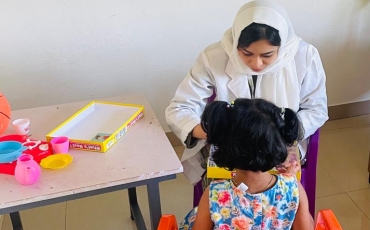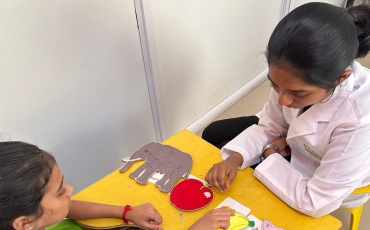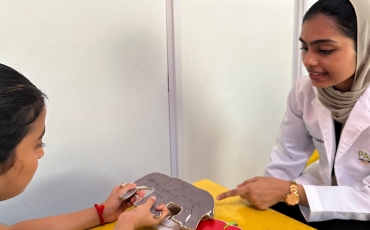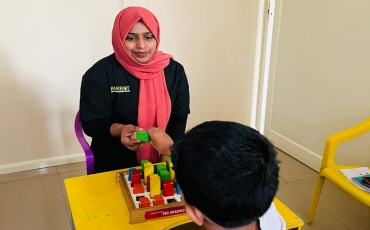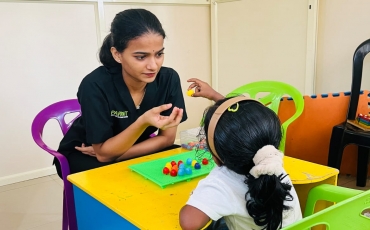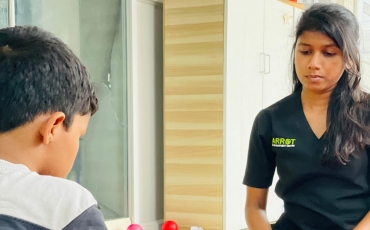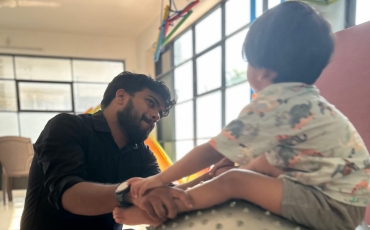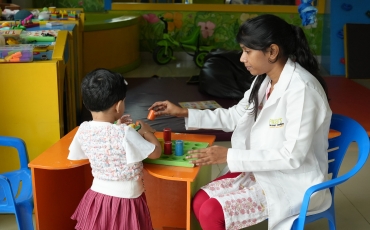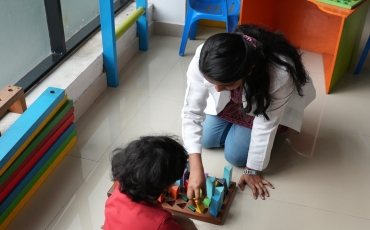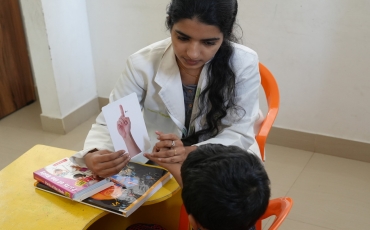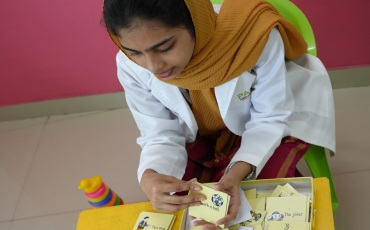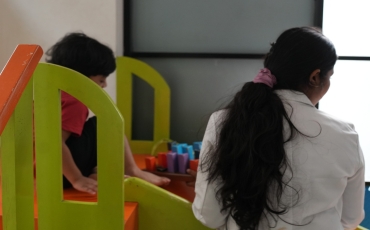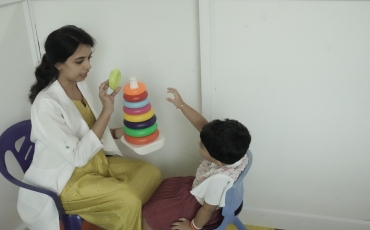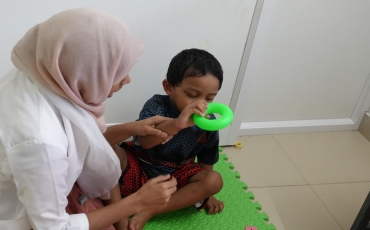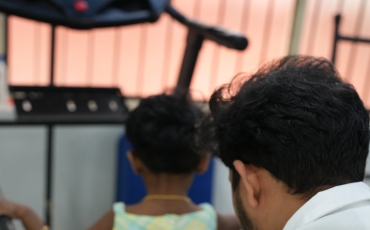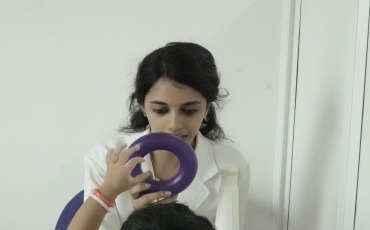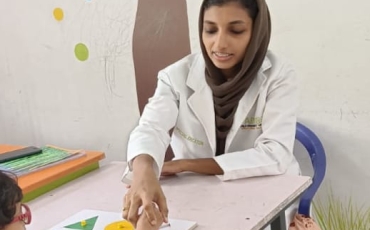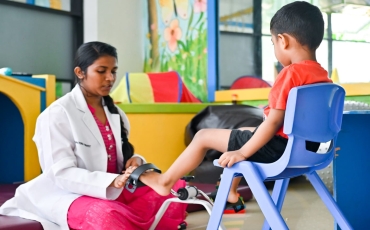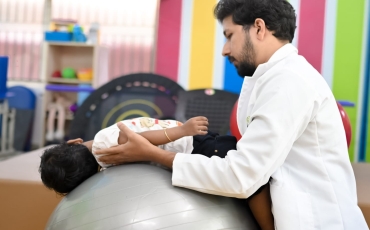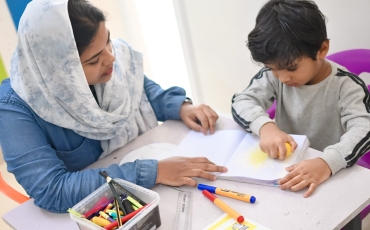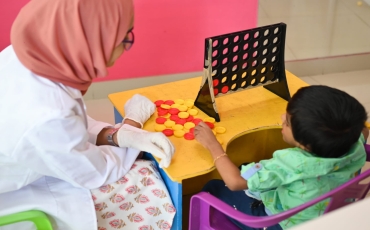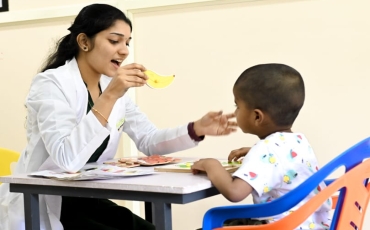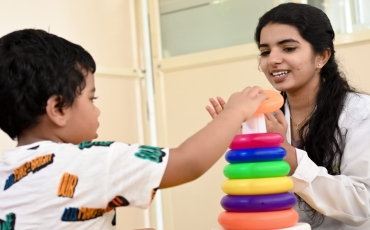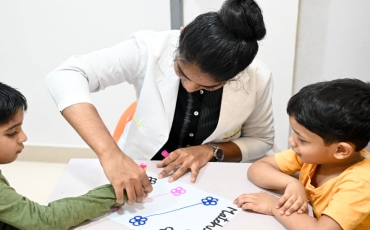ADHD (Attention Deficit Hyperactive Disorder)
Attention Deficit Hyperactive Disorder (ADHD) is aneurodevelopmental disorder characterized by inattention, hyperactivity and impulsive behaviour. ADHD affects 8-12 % of children worldwide.Children with ADHD represent a highly heterogenous group.
Types of ADHD
Buy hot-selling Cheap Breitling Replica Watches uk in discount from online store. Fast shipping. Money back guaranty.
Functional exact Swiss Replica Rolex Watches UK on amazon with high quality for men - Rolex, TAG Heuer and Breitling.
Three major types of ADHD include the following:
Combined : This, the most common type of ADHD, is characterized by impulsive and hyperactive behaviors as well as inattention and distractibility.
Hyperactivity : This, the least common type of ADHD, is characterized by impulsive and hyperactive behaviors without inattention and distractibility.
Inattentive: This type of ADHD is characterized predominately by inattention and distractibility without hyperactivity.
BEHAVIORAL ASPECTS OF CHILDREN WITH ADHD
INATTENTION
• Fails to give close attention to details.
• Makes careless mistakes in school work, at work,or during other activities.
• Difficulty in sustaining attention during daily tasks.
• Often distracted by external stimuli.
• Forgetfulness in daily activities.
• Avoiding activities that demand sustained attention.
• Does not listen when spoken to directly.
• Unable to organize himself/herself for daily activities.
• Loses things frequently
HYPERACTIVITY
• Plays with hands and feet while on seat.
• Climbing trees, walls and high are as excessively.
• Has excessive energy and highly physically active.
• Unableto engage and play in leisure activities quietly.
• Talks excessively.
• Unable to sit in one place.
IMPULSIVITY
• Answers before questions are completed.
• Interrupts and Intrudes others activities.
• Unable to wait for his/her turn.
How symptoms affect a child at
Home
• Difficulty following morning routines.
• Increase frequency of arguments between parents and siblings.
• Difficulty completing homework and daily chores.
• Messy/disorganised rooms.
School
• Difficulty remaining seated in class.
• Difficulty completing work in time.
• Difficulty organising materials
Social
• Difficulty in regulating behaviour on the playground.
• Trouble interacting with peers.
• Difficulty waiting turns during games.
Treatment for ADHD
• Behaviour Therapy
• Occupational Therapy
• Pharmacological
• Parent/Teachers


